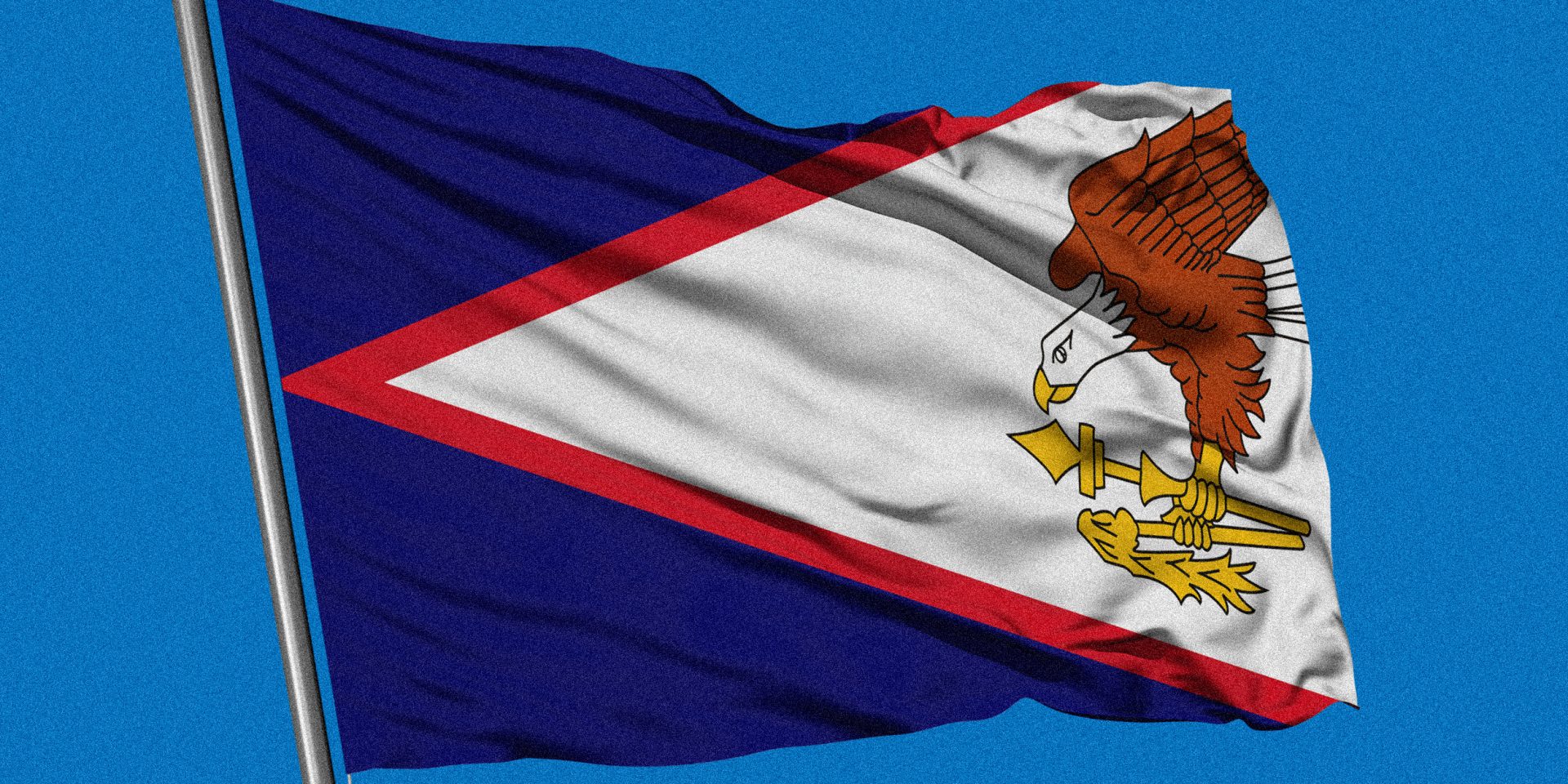The Citizenship Clause of the 14th Amendment states that “[a]ll persons born or naturalized in the United States are subject to the jurisdiction thereof, are citizens of the United States and the State wherein they reside. Historically, Federal courts have held that unincorporated territories are not included within the United States for purpose of the Citizenship Clause.
On June 5, 2015, the D.C. Circuit Court of Appeals agreed with prior court rulings and held that the Citizenship Clause does not extend birthright citizenship to those born in American Somoa, because it is “impractical and anomalous” to impose citizenship by judicial fiat where doing so would override the American Samoan’s rights. See AILA Doc. No. 15061068, Tuaua v. United States (D.C. 2015).
American Samoans are considered to be U.S. nationals and but are not U.S. citizens unless one of their parents is a U.S. citizen. A U.S. national is someone who was born in or having ties with the outlying possessions of the United States. American Samoa is an unincorporated territory of the United States located in the South Pacific.
U.S. nationals have some rights similar to U.S. citizens. For instance, they are eligible to apply for a U.S. passport and can work anywhere in the United States with few restrictions. However, U.S. nationals are not allowed to vote in Federal elections; ineligible for federal work-study programs in college; work in jobs that require U.S. citizenship; ineligible for firearm permits; and ineligible for certain travel/immigration visas that require U.S. citizenship.
American Samoans can apply for U.S. citizenship under the same criteria as lawful permanent residents. This means that they must meet naturalization jurisdiction requirements, pay the $680 application fee, and pass the required civil and English exam questions.
